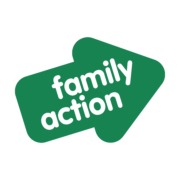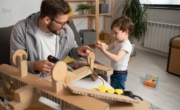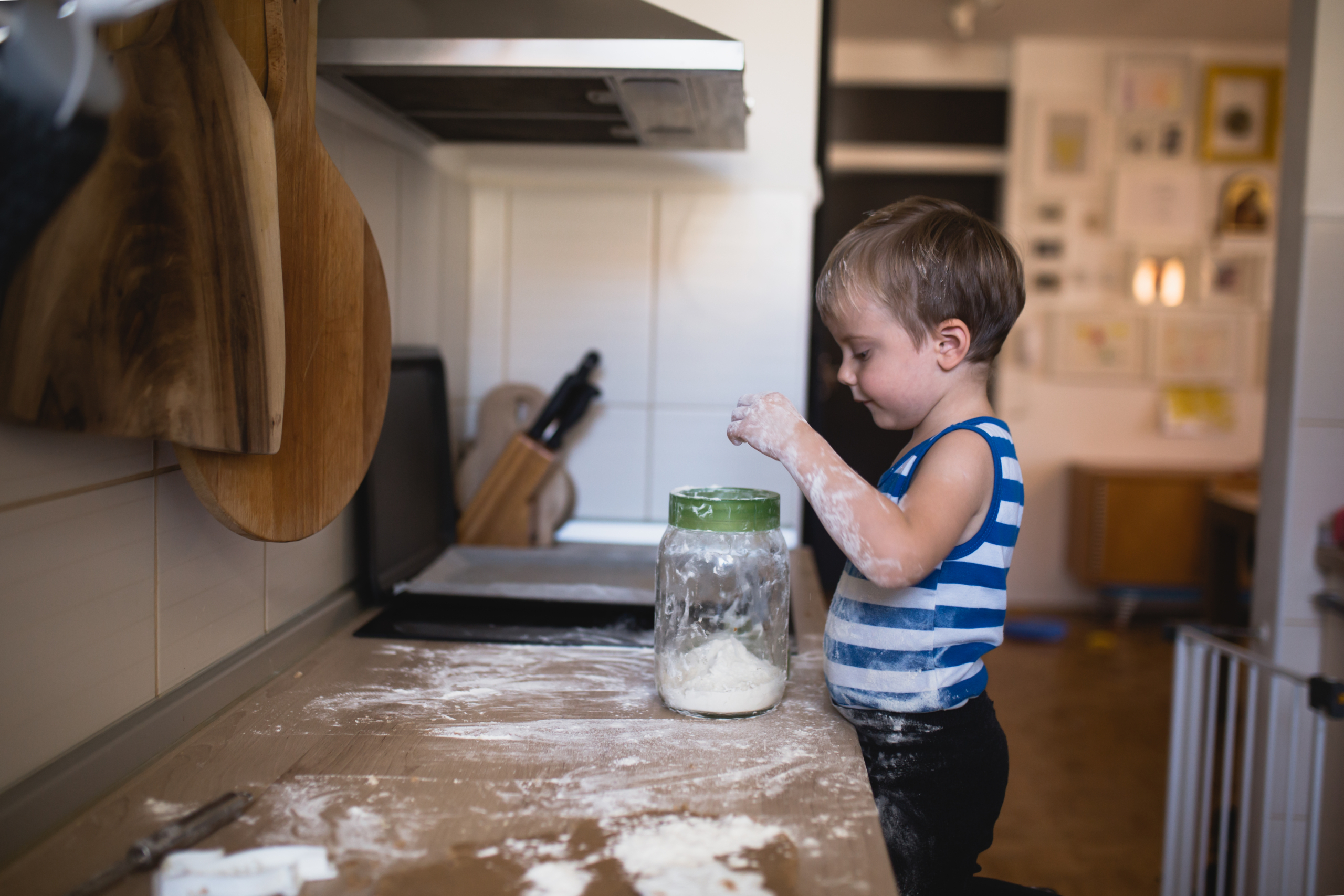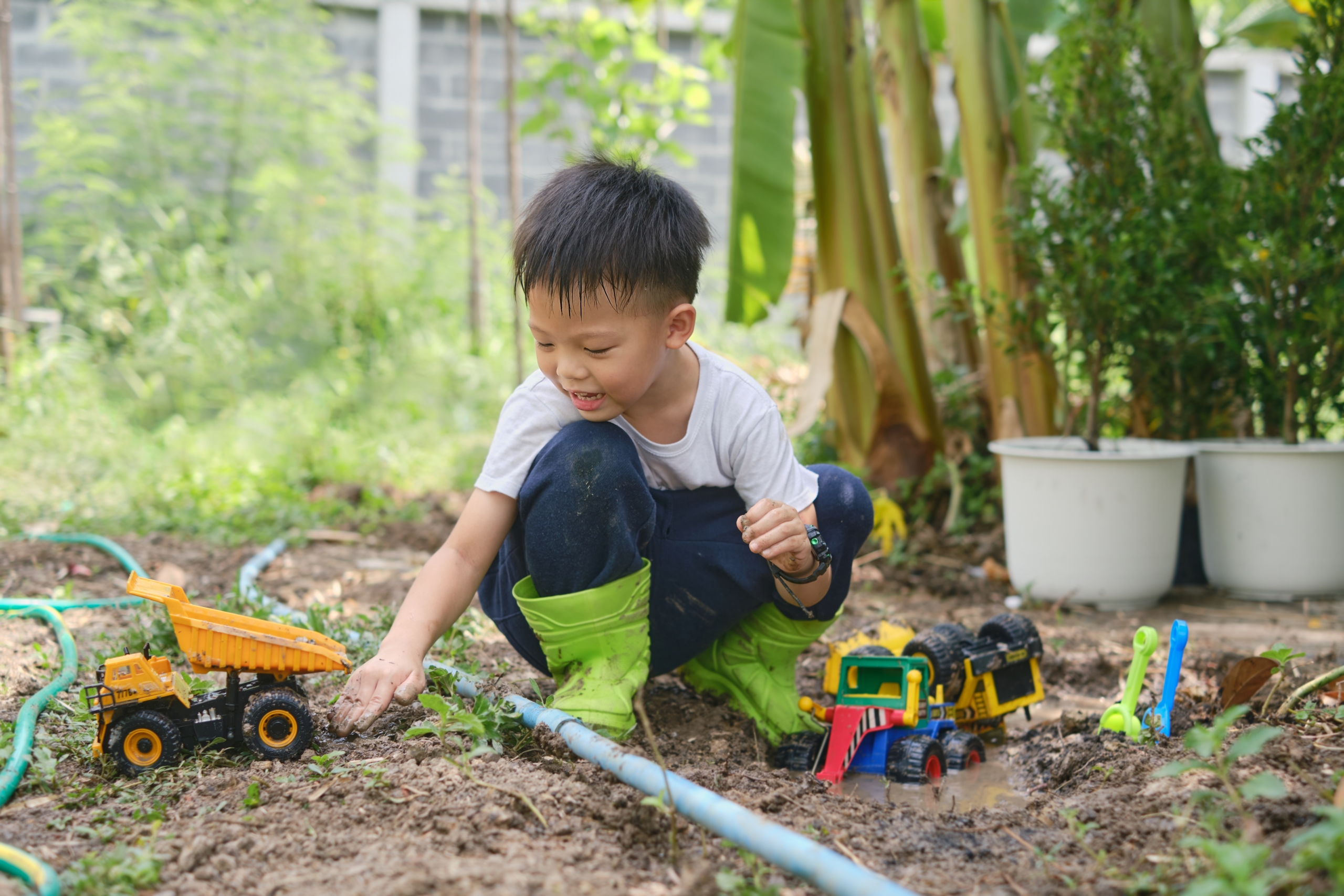Here we address some common worries about a child’s first day at school and suggest ways to tackle them through play.
If you’re a parent who’s worried about the first day of primary school you’re not alone. For many of us school represents the first truly closed door in our children’s life, and we worry about the details. For example, parent Laura told us: “I’m a little bit nervous about my daughter starting school for the first time as she is my oldest and it’s new territory for me. I think I worry because when she goes to nursery we discuss her day with the staff but with school I get the impression that we don’t get to know what they’re doing”
She’s not alone in these fears, and another parent told us: “I’d like to see day to day what it will be like for my son as I like to prepare him for the challenges he might face.”.
These examples are just two of dozens we hear in our pre-schools and early years settings and so, in this article, we aim to take a look at what the average school day might look like; addressing real worries parents have shared with us while we do so.
Drop off and pick up
For many of us drop off and pick up represents the exact moment you have to face handing your children over to someone else’s care, so we completely understand why you’d worry about it. And we’re not going to sugarcoat it… sometimes it feels awful when children are upset when you leave… but it’s also rarely as bad as it feels in the moment, as dad Sam tells us.
He said: “Every single morning my son would wail and cry at the school gates and I would feel awful. But what really helped me is that I built a little extra time into my drop-off and walked around the block once, passing the school again. When I did so I could look through the windows and see that he was usually playing and laughing with the other children”.
Depending on your school and how easy it is to glimpse the classroom this strategy may or may not be possible, but if you speak to teachers or supervisors they should be able to confirm that your child recovers quickly from you leaving or may be able to suggest other ways to manage drop off. One teacher we spoke to suggested that it’s important that parents use the right “script” with children, explaining that you know how difficult it is that you’re leaving, but that they know you’ll be back soon, and highlighting when they’ve been brave before when you’ve not been right next to them at parties or visiting family.
Which leads us onto another way you can help them build resilience through play – by arranging extended visits with grandparents, family or trusted friends. It doesn’t matter if you’re just next door and have to pop back, as this reinforces the “script” – teaching them that your leaving isn’t permanent, and nothing to worry about. Most importantly you should remember that anxiety is infectious, and often children’s worries reflect our own, so try to remain upbeat and, if there are two parents or carers in the household, perhaps arrange for the one who’s least anxious about it to do the earlier drop-offs.
“Peg time”
The next step in many schools involves children having to put their own coats away and find their own peg.
This seems simple but routines like this are really important for building independence in children… and you can do more to prepare through play than you might think.
For example, you can teach them the “rabbit hole” flip trick to put on their coat – which is detailed in a video here, alongside lots of other valuable advice for helping children get ready.
There’s also no reason you can’t make a game of them taking off their coat and putting it on a peg at home during a set time limit, as this will mean that when it arises at school it won’t be unfamiliar.
This is also a great time to speak about another useful tip for getting them prepared – choosing simple fastenings for coats, gloves and shoes. Things like pop studs and Velcro mean that they’re less reliant on help from teachers and parents alike, which helps build independence… and they’re also MUCH more fun to use!
Carpet time
Schools differ here, but for most there will be a time in the morning when children sit still, do the register and discuss things like the day of the week and the weather. This often then occurs again before you pick them up where they enjoy a story.
Children differ too, so not all children will be naturals at sitting still for extended periods – particularly those children who are the youngest in their class, but there are some things we can do as parents and carers to help them prepare their listening skills.
A good tip is to work on their focus – teaching them to keep a still body and look at you when you’re speaking, and also waiting for their turn to speak. This can be developed by playing board games around a table (which by their very nature require patience and turn-taking) or by taking turns to tell a story – each of you adding the next section as you go.
You could also try some child-friendly yoga videos online to help them develop their stamina for sitting still. Storytime can also be challenging for children who associate books with bedtime.
Teachers expect a few children to nod off during reading time, so it’s important not to worry, but you can help them build their stamina for daytime story sessions by mixing it up and reading with your children during the day, and bringing it into chill out time… That way they don’t associate reading solely with bedtime.
Playtime
Here’s a big question that parents often ask us. Will there be playtime at “real school”? The answer is a resounding yes, and plenty of it! If you’ve been reading any of our other resources this summer you’ll be aware of how important play is for learning and this is a lesson that most primary schools have fully taken on board, with primary schools combining playful teaching methods with self-initiated play, which helps build many of the skills vital for adulthood, such as focus, cooperation and creativity.
However, there are some aspects that can differ from home, and there are ways you can prepare your child during their own play sessions. The first is fairly obvious – schools have set play sessions and often teachers signal the end of the sessions with a bell or simply by telling them playtime will soon be finishing.
This is obviously something you can do at home, and while you’re doing so it can also help to ensure your child is involved in tidy up time by resisting the urge to do it for them, as this is another skill they’ll require in the classroom – as one teacher we spoke to put it: “Choose it, use it, and put it away”.
Mealtime
The biggest difference with mealtime is that at school children will be expected to sit with other children and finish their food, although staff will support them. Depending on how mealtimes work at your house this might not be a big deal, but if your child is used to eating on the go it might be worth spending some time doing some food roleplay, practising how to sit down, use cutlery and interact with your fellow diners during lunch.
Maths
Yep, we’re into the “real” school stuff now, and children will be studying maths during the school day… But it’s not as bad as it sounds. At this stage it’s more likely going to be about building confidence with numbers, counting and calculation, telling the time and basic fractions… but when your children first arrive at school it’s mostly going to be about basic counting skills and familiarity with numbers, as this is the foundation for all that follows.
Once again, a really good way to prepare your children for this is through playing board games and games involving dice, as these often present numbers in patterns. They’re particularly good for subitising – which is where we learn to recognise the number of objects without having to count. A great example of this is with the numbers on dice or dominoes, which have standard layouts to represent a six, for example.
However, it can also be useful to simply count things as part of daily games, or when they’re playing while helping you every day – counting the number of oranges in the fruit bowl, for example, when shopping is being unloaded.
Reading and writing
Children will take part in dedicated sessions to develop their reading and writing during their first year, with a focus on phonics. We cover some of the ways to develop the fine and gross motor skills for writing in another article, but there are some other aspects of reading and comprehension that will feel a bit alien to parents who learnt to read in a different era, with discussion of phonemes and graphemes. Fortunately the BBC has a good explanation of what these are.
That doesn’t mean that you can’t prepare though. Teachers we spoke to gave us three words that can help… and those are language, language and language! Ok, technically that’s just one word, but by talking to our children while we play and explore the world around us we help them unlock the core skills underpinning what they’ll later learn.
So talk about what you see together when you’re out and about, discuss signs for things such as bus stops and libraries and narrate the games you play together – for example “I’m putting the green dog in the small house” – you really can’t talk too much to your children! We’ve already promoted reading to our children but stories are vital for speeding along this development, with nursery rhymes in particular teaching children about rhythm, rhymes and structure, which aid them with later learning.
It’s also worth noting that, while language is useful for developing reading and writing skills, it’s also a vital skill for learning in general. Children who can communicate are less frustrated as they can express themselves. They can tell teachers they’re thirsty or need the toilet, for example, build relationships with other children and better interact with the world around them.
It’s magical really. These are skills that they’ll use their whole lives… and it all starts with the two of you, a dish running away with a spoon or an owl and a pussycat in a pea green boat.
The points above are focused on preparing for school, but play is great for learning and development in general. That’s why over the summer we’ve shared practical guidance from our child development experts on creating engaging play spaces and fun, simple, low-cost activities that the whole family can enjoy. Check out our Creating Happy Memories hub page to find out more.
School transitions can be times of heightened stress in the household that can cause any of us to feel overwhelmed. If you’re struggling with any aspect of family life, or just need to speak to someone, you can contact our FamilyLine service for free emotional support and guidance.








